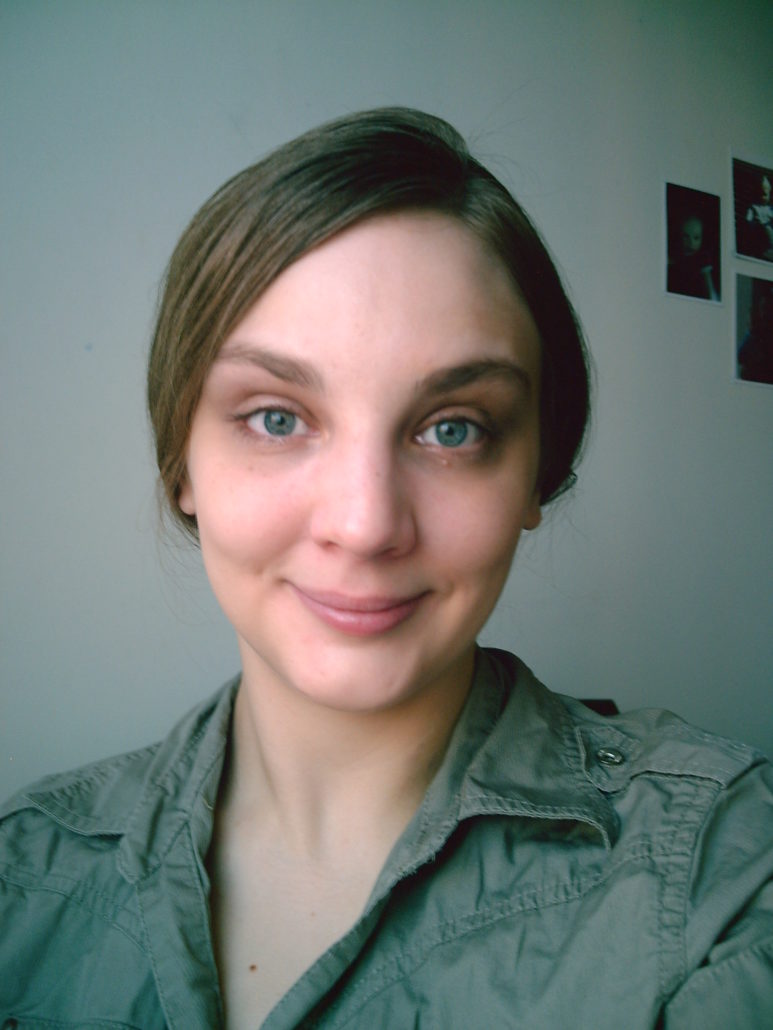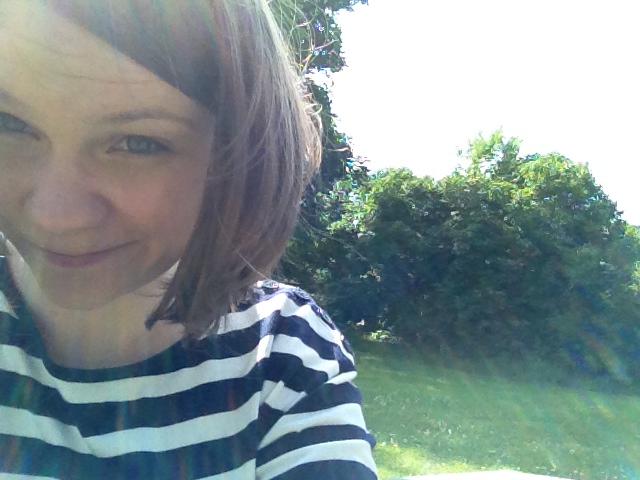In an interview with the Religious Studies Project, professor Kocku von Stuckrad outlines interesting possibilities for discursive analysis. He describes an approach that “goes beyond terms” and also beyond examining political power structures. The interview brought up many important, broad themes that are discussed in the study of religion. This essay is an examination of some thoughts the interview brought up and provoked, also in relation to some practical realities of the academic world.
Discursive analysis has become an important theoretical approach in the study of religion. Seen through the discursive lens, religion is a concept that is being used by different people in different settings in a number of ways. The content of any concept is always changing, always negotiated and contested. Still, there is some room for confusion. This is, in part, because discursive analysis is not exactly a unified approach but rather a collection of approaches.
The type of discursive analysis von Stuckrad speaks of does not only include texts and usage of certain terms, (i.e. how different terms and themes are linked to one another so as to produce knowledge), but also includes institutionalised and materialised products of this knowledge. Von Stuckrad refers to “discourse of practices”, which definitely is a welcome link between language and the material reality, acted and experienced.
This approach goes beyond certain styles of critical discursive analysis, but power relations are not forgotten. As one becomes more aware of how academic knowledge, for example, inevitably shapes the discourses on almost any given theme, and these discourses in turn may shape or create actual practices and institutions, it becomes evident that scholars may actually hold a tremendous power. The next responsible thing to do is to turn a critical gaze to our own institutional links and what kinds of “knowledge agreements,” discursive compounds, we, together with our research, are standing on. As scholars of religion, or of any other subject for that matter, we should pay critical attention to our own position. When we as researchers pick up a concept and use it, we must be aware just how far from sterile, self-evident and unpolitical they are. They come with underlying assumptions, a whole history of negotiations and selection processes.
We must also be aware of how our participation in certain discussions may shape the world around us. In our view, this does not mean that researchers should shy away from these discussions, but that they should enter them understanding the possible weight. Academic knowledge, or language at the very least, will leak into the surrounding society one way or another. Studying topics under some political crossfire can especially attract expectations. For example, studying the Church of the Flying Spaghetti Monster has gained attention from groups and individuals that promote the cause of this movement, and it is entirely possible that all the scholarly attention given to the movement will be pointed at as evidence that it is a movement to be taken seriously also in political debates – this has already been seen in the case of some neopagan groups.
A whole other problem is the fact that scholars from many fields, often cultural studies, have in recent years become quite aware of many possible audiences to their research, not all of which are of the good kind. We can only hope that hate mail and anonymous threats are not a growing phenomenon. And that this sort of publicity will not drive researchers away from the public sphere.
Examining these usages and often especially the power relations – who has the right to define the content of a concept – is at the heart of discursive analysis. And keeping an eye on power relations is more or less a necessity if one wants to dig into how concepts have evolved in time. The very concept of religion is a great example of the historical, setting-specific nature of language. All the more illuminating is to think about how the concept carried its Judaeo-Christian underpinnings into academic research and was used to conceptualize cultural systems that had no such concept in their own reference system.
When scholars start paying critical attention to their particular position and the load of their concepts and ideas, research becomes a consciously two-way process. In order to adequately examine the subject of our research, one must also take a good look at one’s own instruments. We must know them well in order to know what kind of information they can offer us about our subject. This sort of critical perspective should more or less go hand in hand with all research, not only studies that explore discourses.
As for practical applications, there are probably many different ways in which the genealogical point of view von Stuckrad suggests can be incorporated in actual individual research projects. As he points out in the interview, not all research projects need to be discursive analyses. Within a broader framework of discursive understanding, a wide range of methods can still be applied. Still, the discursive reflection should be described in the actual research. As researchers are always making decisions from a particular point of view, they should make an effort to make themselves more visible in the research. Apart from reflecting critically on one’s position and terminology, for example, it is important to report these processes. Only then can the reader examine the way the researcher has reached his or her conclusions.
But what exactly would be the most constructive way to incorporate this reflection in research papers and reports? We have heard warnings about using the chapter titled ‘reflection’ for pouring out all sorts of affiliations, engagements and other caveats, then going on with our research without giving these questions a further thought. This is hardly the kind of critical thinking we are looking for. Another question is, might there also be a risk that research papers become more massive and complex as more of the process is made visible in writing? Simultaneously, other kinds of demands are on the increase in the academia, such as writing as clear, succinct, and reader-friendly academic papers as possible. More transparency, fewer words. Luckily, we at least see developing academic writing further as a meaningful challenge.





